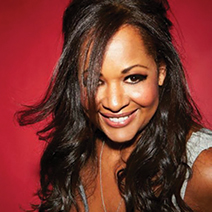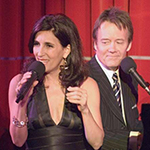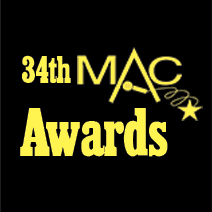La Tanya Hall Featuring Andy Milne and Unison
Birdland Theater, NYC, November 14, 2019
Reviewed by Marilyn Lester for Cabaret Scenes

Jazz singer La Tanya Hall was in a festive mood, and well she should have been. Her turn with husband, music director, pianist, and arranger Andy Milne, with his band, Unison—John Hebert on bass and Clarence Penn on drums—was a gathering to celebrate Say Yes, her first album in nine years. Presenting all of the new CD’s tracks, the reveal was of a body of work smartly chosen and deftly executed. The eclectic mix featured quite a few jazz standards that began as instrumentals and that later had lyrics added.
https://kidaiskool.info/wp-content/languages/new/paraphrase-my-essay.html
Notable among these numbers was the work from which the album’s title derives: “All You Need to Say,” based on Nat Adderley’s “Never Say Yes.” Benny Golson’s “Whisper Not,” with lyrics added later by Leonard Feather, allowed Hall to demonstrate her ability to sing vocalese, which she also did on the penultimate piece, Thelonious Monk’s “Well You Needn’t,” with lyrics added by Mike Ferro.
https://kidaiskool.info/wp-content/languages/new/essay-proofreading-service.html
In addition to Unison, several numbers were augmented by the trumpet of Michael Leonhart, a player whose sound is clarion and bright. He applied the plunger mute to Fats Waller’s “Jitterbug Waltz,” delivered by Hall as a torchy blues, singing the lyrics that were added by Richard Maltby, Jr. for Broadway’s Ain’t Misbehavin’. The high point of the set was an inspired arrangement of Joni Mitchell’s 1969 anti-Vietnam war number “The Fiddle and the Drum.” It’s a work that’s endured as a protest song since, and Hall performed it as relevant to today’s divisive, troubled national climate. She began it as a dirge, with Milne creating a haunting sound by working with the internal mechanism of the piano. The drum was eliminated entirely from the number as Hall built intensity to the conclusion of the piece with Milne returning to the keys and Hebert’s bass adding support. The interpretation was a truly memorable, breathtaking version of a powerful song.
The
sticky aspect of Hall’s Birdland turn involved Milne, who was prepping the
piano for “The Fiddle and the Drum.” He was so distracting that Hall’s “Softly
as in a Morning Sunrise” (Sigmund Romberg/Oscar Hammerstein II) was deprived of
its full impact. Milne’s solos throughout the set were many and generously long.
https://kidaiskool.info/wp-content/languages/new/essay-edit-service.html
He is a superb and talented jazz pianist in his own right and an inspired arranger. But what’s problematic about the collaboration of Milne and Hall is that there’s often too much of a good thing; too often the focus on the singer was compromised by Milne’s virtuosic abilities. There were instances, such as in Jonatha Brooke’s “Because I Told You So,” where Milne’s playing seemed to compete with Hall’s performance. Yet, taken as a whole, Hall’s Birdland outing was a successful and satisfying presentation of excellent material, delivered by an accomplished singer and her band. Hall is not a spectacularly dynamic presence on stage, but she’s a pleasing one. Her clear vocal tone, mastery of phrasing, and feel for the lyric won the day.





